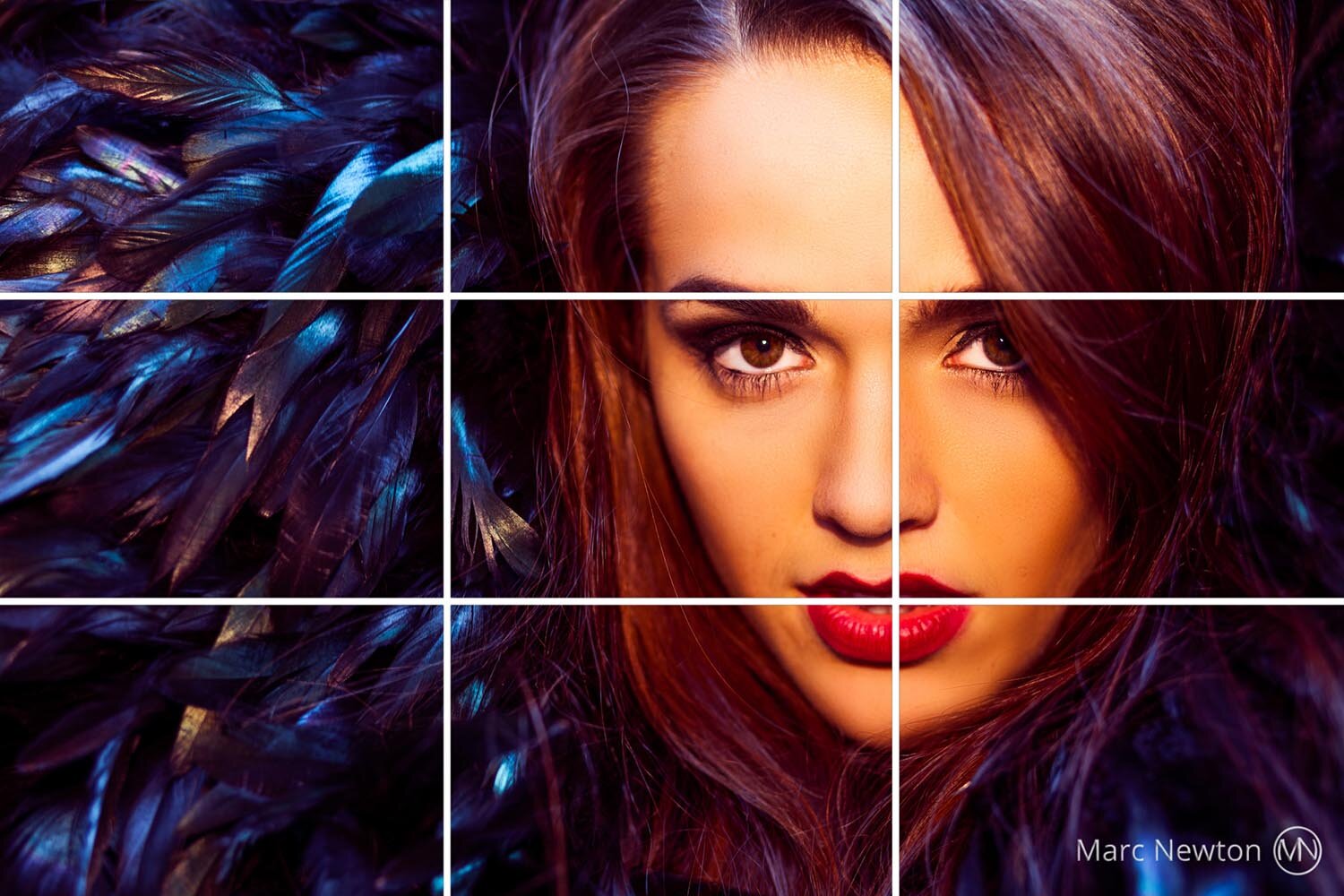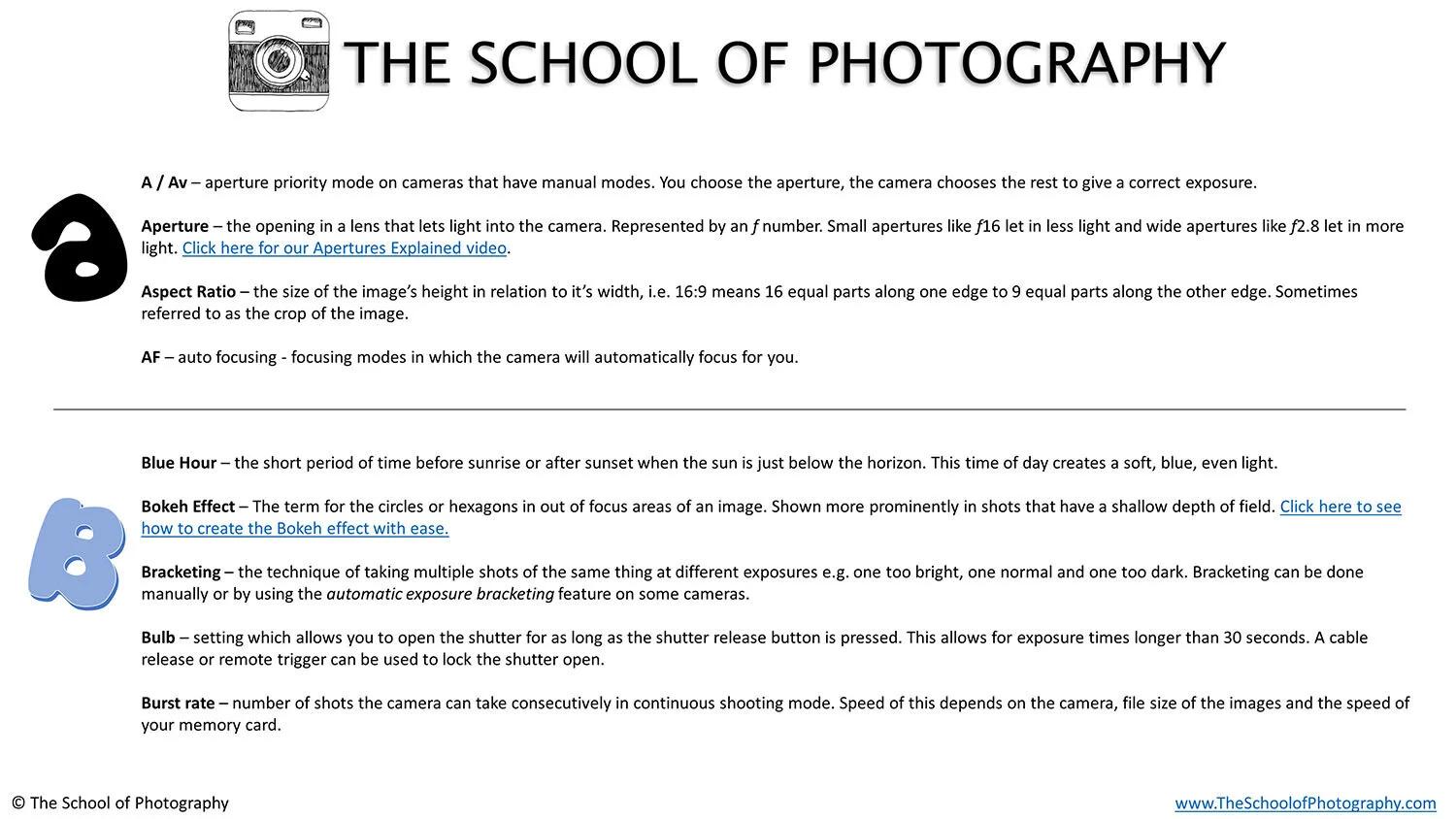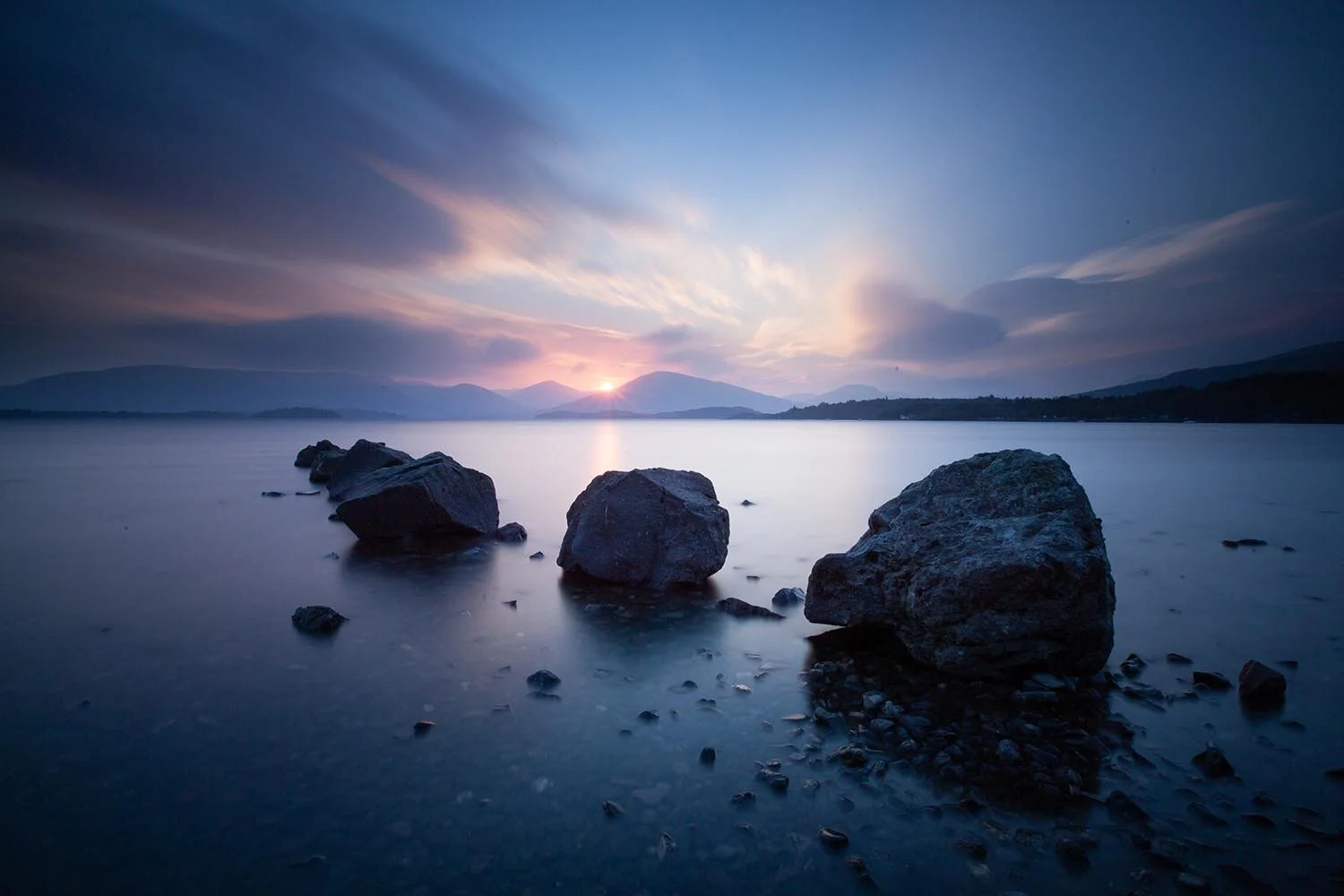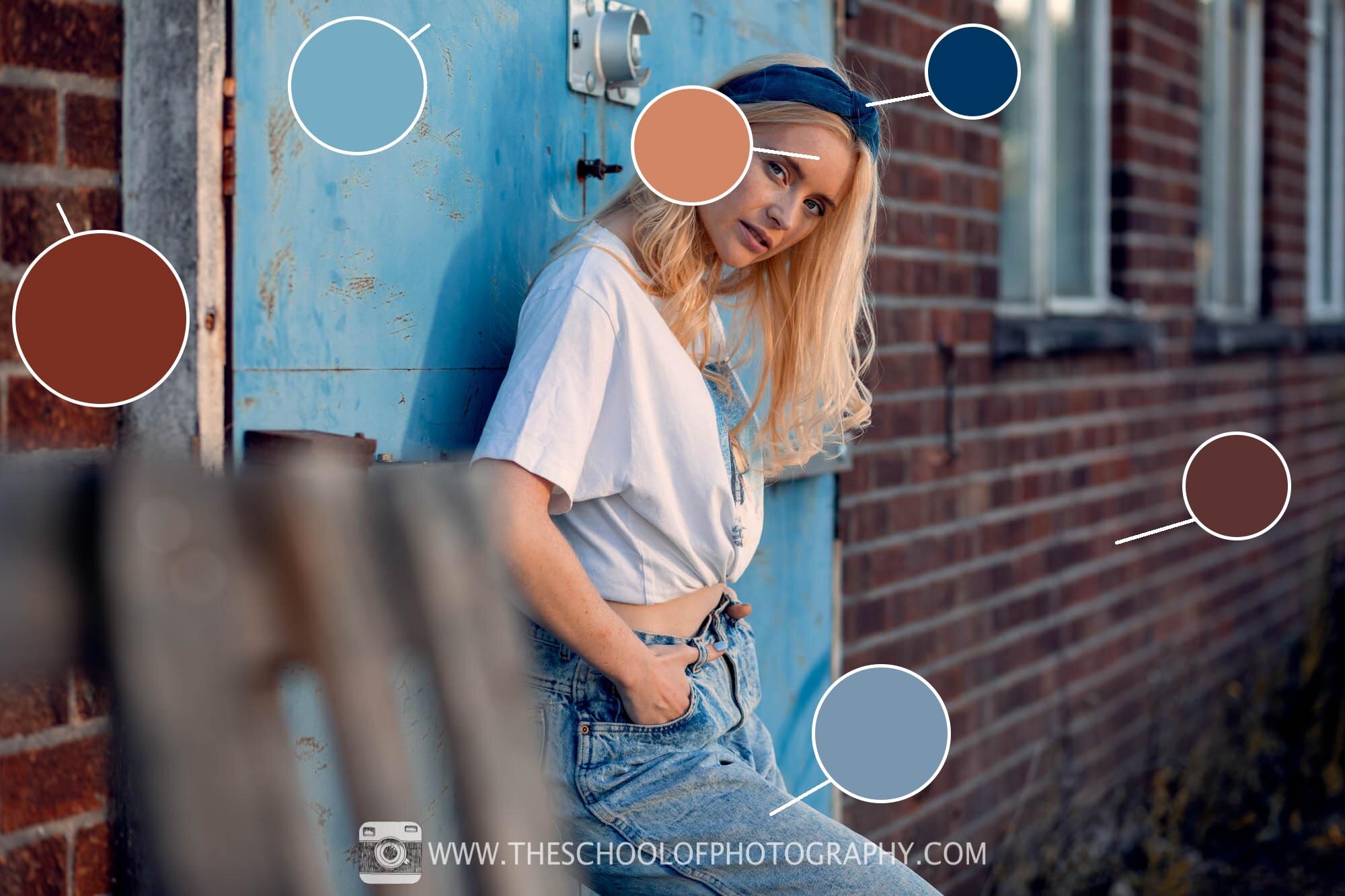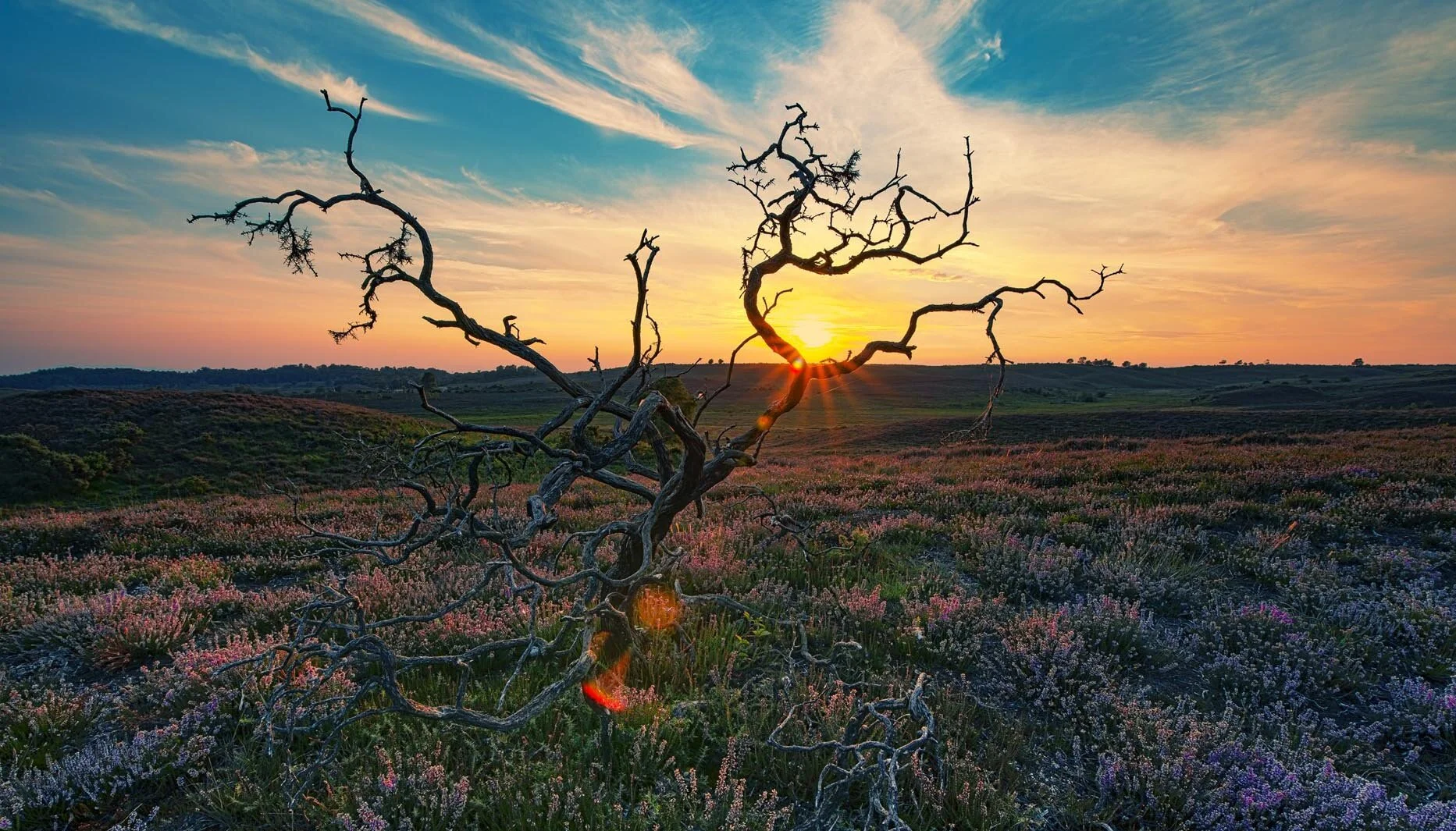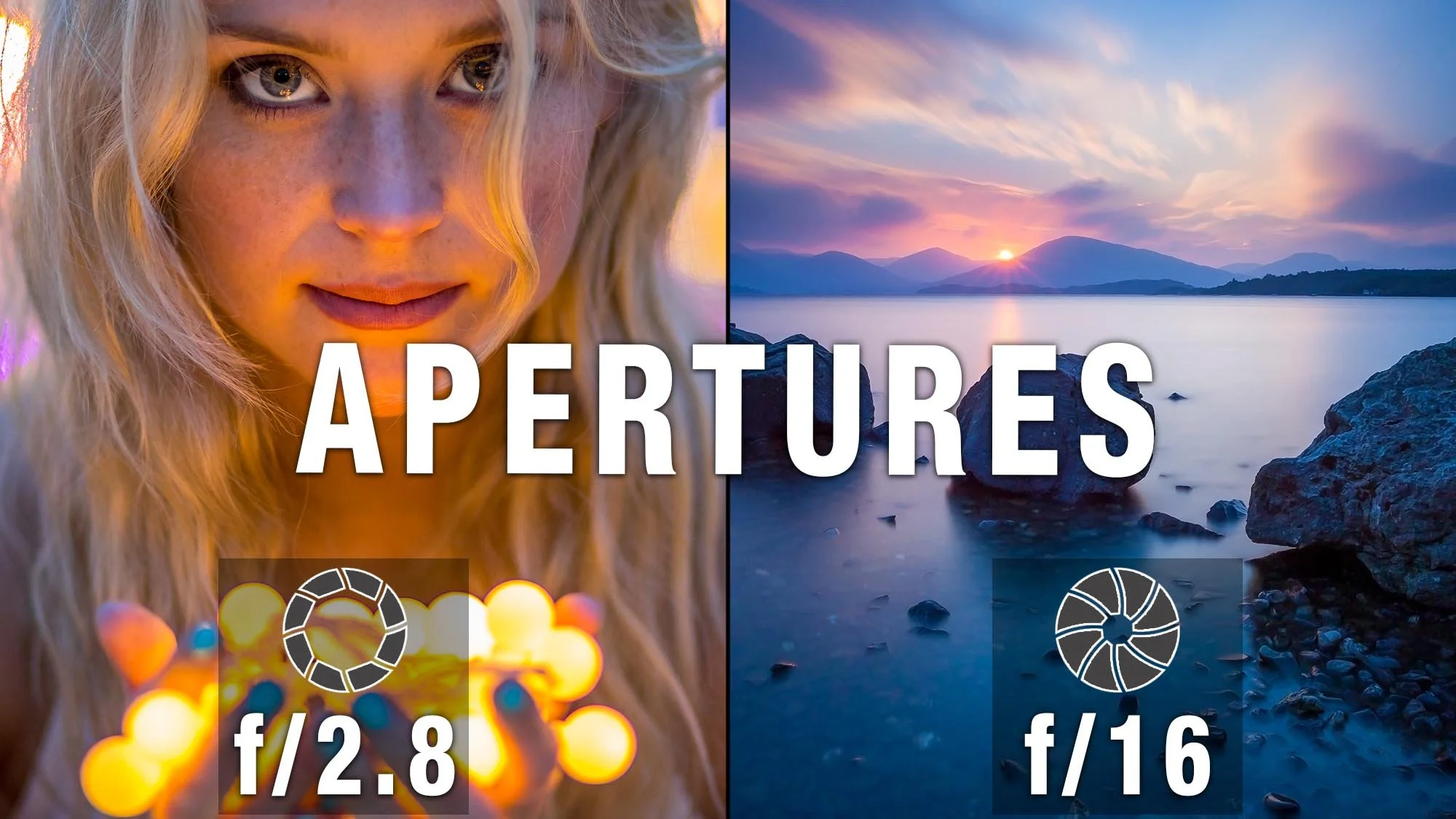Photography Tips for Beginners
Running a photography school gives us a unique opportunity to get tips from a wide range of beginners and you’ll be surprised how common they are. In this tutorial, I’m going to give you a head start by giving you the best photography tips for beginners that come straight from other beginner photographers.
If you’re a beginner learning photography and need some tips to get you started, then this tutorial is for you!
Get access to ALL our online courses - 1000’s of videos, worksheets, critiques of members work, personalised support and much more with our monthly membership.
The rule of thirds, an essential skill for beginner photographers
Beginner Tip 1 - Composition is Key
The word composition in photography means combining or 'putting together’ parts from a whole. In photography, composition is how you arrange the elements of your subject matter within your frame. There are some rules of compositions that can help you enhance the feeling you are going for. Below we’ve added a few for you to try.
Triangles - Using triangles when taking shots can help to enhance a feeling of strength. Triangles are the strongest shape in nature and construction because any force is evenly spread through all three sides. Subconsciously our brains know this and when you add this rule to photographs you can really enhance a feeling of strength and stability.
The rule of thirds - Using the rule of thirds gives a more natural feeling to the image and allows the eye to flow around the picture with ease. Split into nine equal blocks that form a three-by-three grid and then aim to get the most interesting parts of your image on or near where the imaginary gridlines meet. In contrast to this, placing things symmetrical in your frame will give a clean and clinical feeling (which can also be a good look).
Give these rules a try. Whether you're taking portraits or working on a landscape shot, you'll find it simple and effective. Learn more composition rules in our course the Complete Guide to Photography.
Beginner Tip 2 - Learn the Photography Jargon
To become a pro you need to learn the meanings of photography such as aperture, focal length, technical camera terms and much more. Our free downloadable guide is here to help the beginner photographer learn easier by explaining all the photography terms and meanings. Knowing the language helps you understand what you read and will speed up your progress 10 fold.
Beginners! - learn the language of photography.
Beginner Tip 3 - Learn Basic Post-Processing
Post-processing is what you do to a picture after you’ve taken it and you’ll be surprised just how much of a difference a bit of post-processing will make to your pictures. There are loads of free editing software such as Pixlr, Gimp, phone apps and much more. These will do a great job in the simple adjustments like cropping and adding filters.
But if you want your pictures to look professional and stand up against the best out, you can edit your photos using software such as Adobe Lightroom or Photoshop. Lightroom gives you everything you need to edit, organize and store your photos and photoshop will add the magic. Don’t forget here at The School of Photography we teach Lightroom, Photoshop and much more in our membership option. Become a member of TSOP today.
Loch Lomond With no lightroom edit
Loch Lomond With lightroom edit
Beginner Tip 4 - Beginner’s Photography Equipment
Use what you’ve got! It’s not all about camera equipment it’s about your knowledge and desire to take good photos. Don’t fall into the trap of ‘expensive equipment gets good photography’, it won’t, your knowledge of the control of photography will do that.
Here are some of the basics that you will need to get you started in your learning journey:
Good Tripods are essential for beginner photographers
You will need a good sturdy tripod to take the weight of your camera. Avoid using cheap flimsy tripods as these could cause your camera to move in the wind or make your set up top-heavy.
Camera Bag
Camera bags are specifically designed to keep your camera equipment safe. A good camera bag will have padding to protect your equipment from getting damaged. Your camera bag should have removable inserts to customize your camera bag best to suit you.
Digital SLR or Mirrorless cameras with manual settings will suit a beginner photographer
As a beginner in photography, you need to learn properly from the start. You will need a camera that works fully manual. A good camera to use would be a DSLR or mirrorless camera. To learn how to use your camera in fully manual mode click here.
If you want proof of how expensive equipment is less important than knowledge, watch this video
Equipment for Photography – Cameras, Lenses, Tripods, Accessories, Best of!
Beginner Tip 5 - Portrait Photography tips for beginners
After teaching tens of thousands of photography students, what I know is that most beginner photographers can string together a decent landscape but creating a good portrait is much more challenging. As this is a big enough subject on its own, I’ve created a separate tutorial on portrait photography for beginners. In it, I will share tips from the pros such as working with models, choosing locations, how to use a colour scheme, camera setting, lighting and more. Using these tips will show you how easy it is to do portrait photography once you apply that little bit of knowledge.
Portrait using an orange and blue complimentary colour scheme
Using composition and your surroundings to enhance portraiture.
Beginner Tip 6 – Landscape photography tips for beginners
Ever seen a beautiful landscape, photographed it, and the picture looks underwhelming? Well, let’s change that now by giving you some landscape photography tips. We have years of experience in this and know what stops beginners from getting great landscape photography.
Again, as this a big enough subject on its own so we have created a separate blog on Landscape photography tips. In this tutorial, you will learn how to plan for a landscape shoot, what lighting is best, camera settings and how to expose correctly for a landscape photograph.
I think landscape photography is one of the most satisfying and enjoyable forms of photography and there’s no reason any beginner photographer can’t enjoy it as much as the pros do.
3 bracketed landscape photographs. A key tip for beginners doing landscape photography
Merged pictures showing an example of HDR landscape photography
Beginner Tip 7 - Come off Auto and make mistakes!
Beginner photographers make mistakes and that’s a good thing, it’s how we learn. If you leave it on auto, you won’t know where you’ve gone wrong and if you don’t know where you’ve gone wrong you won’t know how to correct it. When the going gets tough, do not go back on auto mode, figure out what’s gone wrong and try your best to correct it.
Manual settings are better to use for beginner photographers
Beginner Tip 8 - Knowledge is Power
Learn photography properly! Learn how to control exposure, depth of field, movement, ISO etc. Then, the best way to keep improving is to practice often and except positive and negative feedback. Our online courses take the beginner photographer to extremely competent photographer. If you would like the complete package and learn photography in a structured way then become a member of TSOP today.
As mentioned previously, concentrate on your creative skills and knowledge of camera settings, not on collecting camera equipment. I’ve seen people spend a fortune on equipment because they think that equipment is going to make their photography better. Check out this tutorial where I explain how I used a £150 second-hand camera with a standard kit lens and a £20 reflector.
Beginners! - make sure you clean your camera lens.
Beginner Tip 9 - Clean Your Camera Lens
Yes, it sounds so obvious but if I had a pound for every time, I saw a beginner photographer with a dirty lens I’d be rich! Go and get your camera right now and check your lens to prove it.
A crucial task for a photographer is to keep your camera clean and in perfect condition. Cleaning your lenses should always be a priority otherwise you will get less contrast in your shot and are more likely to get lens flare.
Beginner Tip 10 - Use a lens hood
Again, the amount of beginners that don’t use lens hood is big, but a simple thing like this can make a massive improvement. The main reason you use a lens hood is to stop stray light coming into your lens which can create lens flare. This normally happens when shooting into the sun or when you have a strong light source in front of the lens. A lens hood will create a stronger contrast of colours and tones in your images and stop lens flare.
Beginners! - don’t overlook using a lens hood on your camera.
Beginner Tip 11 - Practice and have fun!
Finally, if you want to learn how to be a good photographer the best tip of all is to practice and have fun while doing it! Take as many photos as you want then evaluate them for any improvements. Work out what you are doing right and what you’re doing wrong. And of course, don’t forget you can clear up confusion and learn photography properly with our online courses click here to find out more.
Check out these tutorials below
I hope you liked this tutorial on photography tips for beginners, please leave us a comment and support us by sharing it with your friends and subscribe to our newsletter at the bottom of this page for more.
We also have an excellent learning community on social media so please join us there as well.
Thanks for watching and remember – Learn more at The School of Photography.

